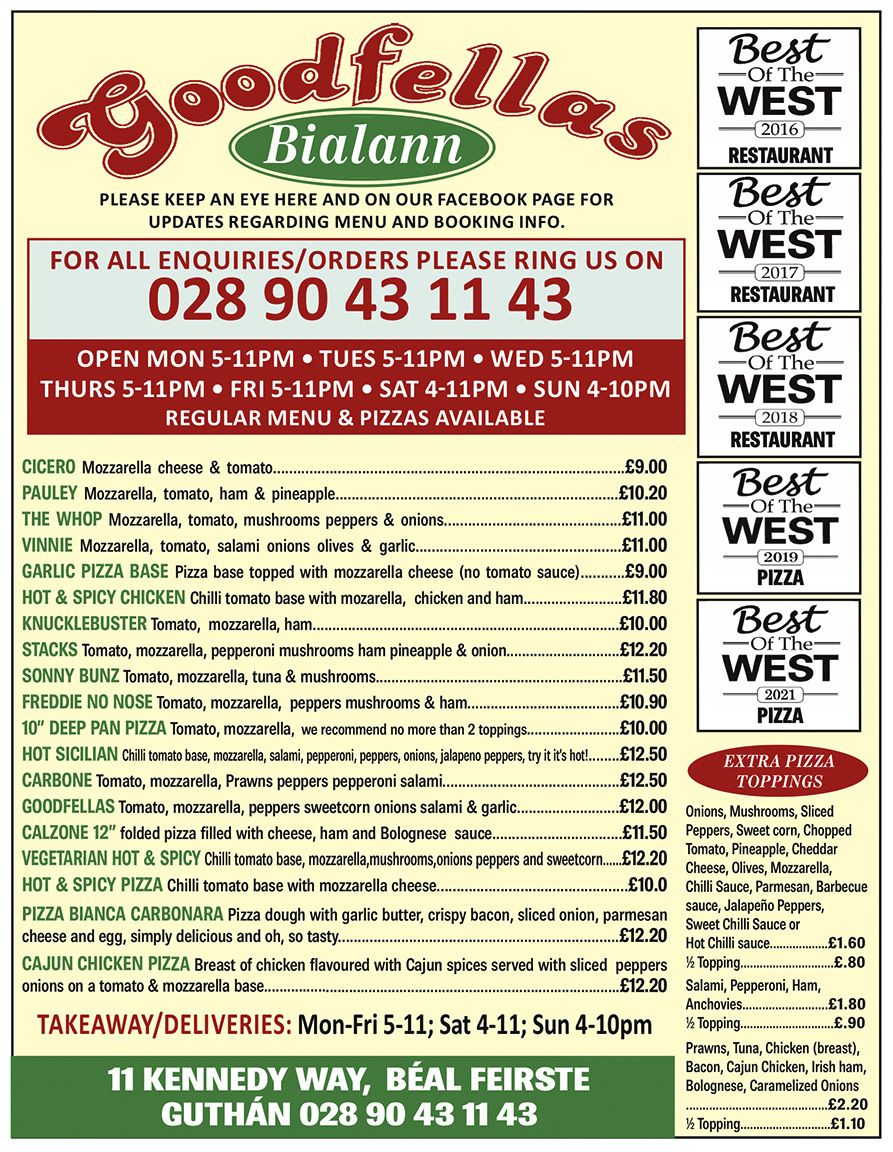Can there be anybody in Ireland over twenty who doesn’t smile at the words ‘Dermot Morgan’? He was, as somebody in the programme ‘Dermot Morgan’ (RTÉ 1) said, “a fearless funny man”.
The fearless bit was his lampooning of the Catholic Church at a time when that was, as Flann O’Brien used to say, neither profitable nor popular. The funny bit was, among others, his Father Trendy, which was hilarious and almost too near the bone, given the number of singing and sadly-hip priests on the go back in the day. And as for his radio show ‘Scrap Saturday’, again, as someone said on this programme, the golf club car parks of Dublin used to be full of people sitting waiting until it was over before emerging from their cars grinning broadly.
And yet, against the odds, this programme was the proverbial curate’s egg. There were points where it hit the mark. Like why so much of Morgan’s stuff didn’t quite make it. His stand-up comedy was a bit dated because, while he was doing daft caricatures, younger stand-ups were doing autobiographical and the reflection-on-small-things stuff. His TV shows were funny but wild and badly shaped because there was no producer strong enough to give them structure.
His radio show Scrap Saturday somehow avoided all these pitfalls. It’s impossible now to think back on Charlie Haughey without remembering the wonderful Dermot Morgan take-off of him (“I was born in Castlebar in County Mayo, then some years later I was born again in Swatragh in County Derry.”) Just as it’s impossible to think of the boxer Barry McGuigan without remembering Morgan’s No.1 hit ‘Thank You Very Much, Mr Eastwood.’
But although there were so many comments from so many of his friends and relatives – Pauline (Mrs Doyle) McGlynn, Adele (Twink) Conron King, Jimmy Magee, Barry Devlin, Morgan’s sons – and despite the spoken memories of these articulate people, key aspects of Morgan’s life and death were screened from us. Since he had several sons and was a wonderful father, they presumably had a mother. Who was she? How did they get on? When did they part and why? And when he died suddenly (although not that suddenly – in the final series of Father Ted, we heard, he was on blood pressure tablets “that’d have knocked out a horse”), we got no detail as to where he was when it happened; was he taken to hospital, who was with him?
As a writer of comedy, Morgan suffered from the problem of having too many ideas. He’d toss one out, everyone would agree it was great, but then Dermot would say, no, no, listen, forget that one, let’s try this instead. He was like a catherine wheel, firing off possibilities so quickly they were unusable.
The final irony was that he achieved his greatest fame throughout Ireland and Britain for his part in Father Ted. A fantastic hit, everyone loved it, everyone loved him – but he felt frustrated. Here he was, delivering not lines he’d written but those of somebody else. What’s more, he wasn’t the funny guy in the series. Father Dougal, Father Jack, Mrs Doyle – they were the mad caricatures that we howled over; Father Ted was more or less normal. Morgan wanted to be the centre of the laughs and he wanted to be the writer of the lines. Father Ted allowed him to do neither.
It was a sad ending for a richly talented man. A scrappy documentary about the man who invented Scrap Saturday.






